The 16th Annual Gangs & Guns Training Symposium
An Interview with Courage for Freedom Founder/CEO, Kelly Tallon Franklin
About Kelly Tallon Franklin
Courage for Freedom, Founder/CEO; ISTAC Cohort, Osce/Odihr; IFBPW – UN SC Human Rights
Kelly Tallon Franklin is an award-winning speaker and advocate on the issues of human rights, justice, human trafficking, sexual exploitation, and equine trauma therapies. As Chief Executive Director and visionary Founder of Courage for Freedom, she has a personal story of overcoming violence, drugs, and incarceration suffering coercion, exploitation stripped of dignity and hope. She fought resiliently out of childhood sexual abuse, gender-based violence, and survived sex and labor trafficking. Fierce and tireless Kelly found the strength to launch an incorporated registered charity in 2007 and developed coalitions and task force teams while remaining connected to front-line support needs to stay relevant and leading. Focused on community work in all regions of the globe, she offers training, education, awareness, and care to women, girls, and their families utilizing her intel and procedural knowledge of how advancing the rule of law demanding governmental will require intelligent focused actionable advocacy.
With best-selling book(s), accolades, and high demand from global speaking invitations, she offers accurate information to focus concerns and solutions in interested communities. She is a team leader and mentor developer.
Can you discuss some of the specific tools and strategies you find most effective for supporting survivors of human trafficking in educational settings? How do these tools address the unique challenges survivors face as they re-enter the educational system?
Experiential Leaders/Advocates are one of the best resources to consider and should inform the tools and strategies in every Board of Education and individual school setting. While there are common challenges to re-entry into the educational system, there are also demographic, ethnic, family, historical, and geographic considerations that need Survivor Expertise to nuance into the school setting effectively. Including everything from board policy, choosing the institution’s path in community support collaboration, guardians/guarantors, program triggers and responses, internal need-to-know disclosure, projects, survivors, and family system navigation with accommodations. Developing a school community’s ethical and rights-based student services while observing internal policies and procedures can provide prevention and awareness. School appointees supporting survivors must have pre-existing resource relationships and navigational knowledge of secondary and tertiary supports needed to give the survivor an opportunity for academic success and enjoyment. A clear and usable framework for educators and school staff is vital. However, all tools and strategies need to be flexible to meet the person-centric needs. This will address the unique challenges survivors face in education through a trauma-informed response. Our time will include a case study of a 12-year-old survivor whose attempt to reintegrate into education at the age of sixteen required peer mentor support and provides the backdrop to dos and don’ts in the educational sphere that will be dissected. She is now 22 and working through her second degree.
What are some emerging tools that support your work in the prevention/intervention of human trafficking? How do you see the issue of human trafficking evolving in 2024?
There are a myriad of evolutions in human trafficking ahead that present as unsurmountable – as the criminal element is ever shifting to avoid detection, prevent exiting, and survivor safety and success. Daily, weekly, and monthly trends shift. These will be brought forward with real-time incite in our session and may be as current as the day before our time together. One emerging trend worth noting should also be considered an emerging tool. AI is up for discussion and is doing good work in the prevention/intervention arena – registrants will find out more.
What are the key takeaways from your session? How are participants going to be able to apply this information to their own intervention, prevention, and enforcement strategies?
Key takeaways from our session will be immediately applicable in intervention, prevention, and enforcement strategies. Kelly is a Survivor with an informed purview and her presentational lenses and case study glimpses hold that perspective. Most notable are her trauma adaptive sharing styles that exhibits what working with a Survivor can look like. Delve into what has and has not worked with her and her clients.



